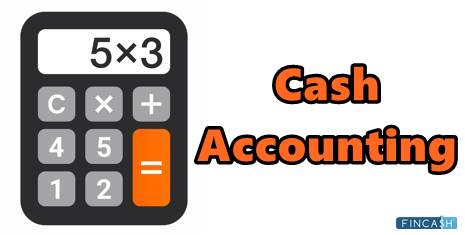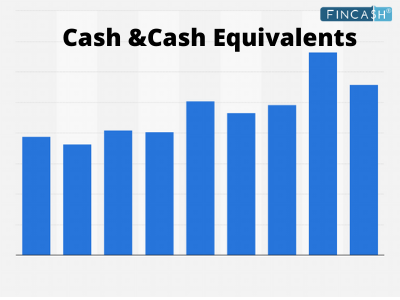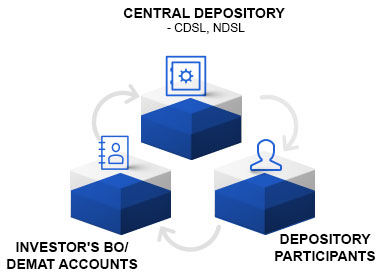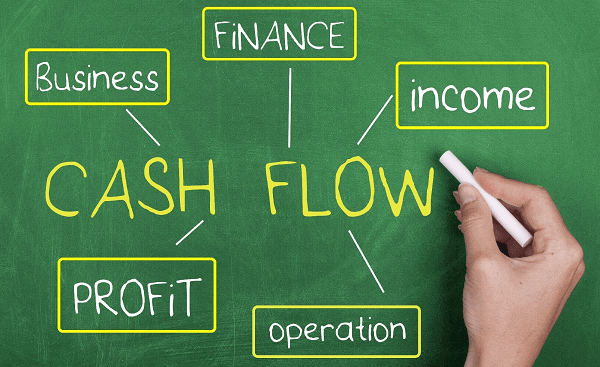
Table of Contents
Cash Accounting
What is Cash Accounting?
Cash Accounting is a type of accounting, which records Income when it is received. It also records expenses in the period it is paid. With all these records, the financial statements are then prepared.

Cash accounting is also called cash-Basis accounting.
Advantages of Cash Accounting
1) Simple
Cash accounting is the easiest way to record your transactions related to cash. A Receipt of a promissory note, creation of an account receivable, or the sending of a customer invoice will not be recorded in this method.
2) Maintenance
Maintaining an accrual system of accounting is hard as compared to the maintenance in cash accounting. Here you can track your revenue when the cash is received from the customers, along with expenses when the cash is paid to the customers.
3) Single-entry accounting
This is a single-entry accounting where the effect occurs in only one account that makes things easier for business to keep a record.
Talk to our investment specialist
Disadvantages of Cash Accounting
1) Limited purpose
Under this accounting, only cash transactions are recorded as it doesn’t include all the transactions.
2) Not recognized by the Companies Act
Fewer businesses follow this accounting method and it is not recognized under the companies act. Also, it is not performed by corporate or multinational companies.
3) Chance of blunders
As it records only cash transactions, chances are more that the business can be involved in illegal practices by hiding the revenue or inflating the expenses.
Cash Accounting Example
In cash accounting, revenue is recorded when cash is received and expenses are recognized when cash is paid. For better understanding, here's an example-
An organization bills a client Rs 50,000 for services on June 10, and receives payment on July 10. A sale is recorded on cash receipt, which is July 10. Likewise, the organization receives a Rs. 25,000 invoices from a supplier on March 5, and pays the bill on April 5. The expense is recognized on the date of payment, which is April 10.
When is Cash Accounting Required?
In simple words, this accounting would be sufficient when the company has the following conditions:
- The business is small and the business is sole-proprietorship or partnership
- A company needs to record only limited financial transactions
- The business has a limited fixed Capital
- A company would never do business with credit. There every transaction is in the mode of cash.
All efforts have been made to ensure the information provided here is accurate. However, no guarantees are made regarding correctness of data. Please verify with scheme information document before making any investment.












